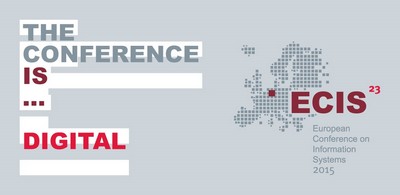DOI
10.18151/7217539
Abstract
Past research on the broadband digital divide indicates a widening divide in which developing countries are falling further behind countries in the developed world. In response to this problem, the World Bank has advocated a "mobile first" strategy for developing countries. Unfortunately, there is little understanding of what determines mobile broadband adoption or diffusion in developing countries. In this paper, we begin to address this problem by exploring to what extent policy, regulation, government, and governance affect mobile broadband diffusion in the developing world. Our results show that when controlling for distribution and level of income, there is greater mobile diffusion in developing (i.e., non-OECD) countries that encourage competition in their telecommunication industries and practice sound governance in their public sector. Although governance is an important determinant of mobile broadband diffusion, we find no evidence that political structure (i.e., the level of democracy) matters. We also find that regulation of telecommunications licensing is associated with decreased access to mobile broadband. Further examination of our data suggest that national governments have either modernized and streamlined this regulatory measure or are performing important functions related to mobile services (e.g., spectrum allocation) without the need to regulate licenses for telecommunication service providers. We discuss these important results in light of prior literature and suggest new avenues of research that stem from our findings. \
Recommended Citation
Yates, David J.; Gulati, Girish "Jeff" J.; and Marabelli, Marco, "Determinants of Mobile Broadband Diffusion: A Focus on Developing Countries" (2015). ECIS 2015 Completed Research Papers. Paper 210.
ISBN 978-3-00-050284-2
https://aisel.aisnet.org/ecis2015_cr/210


